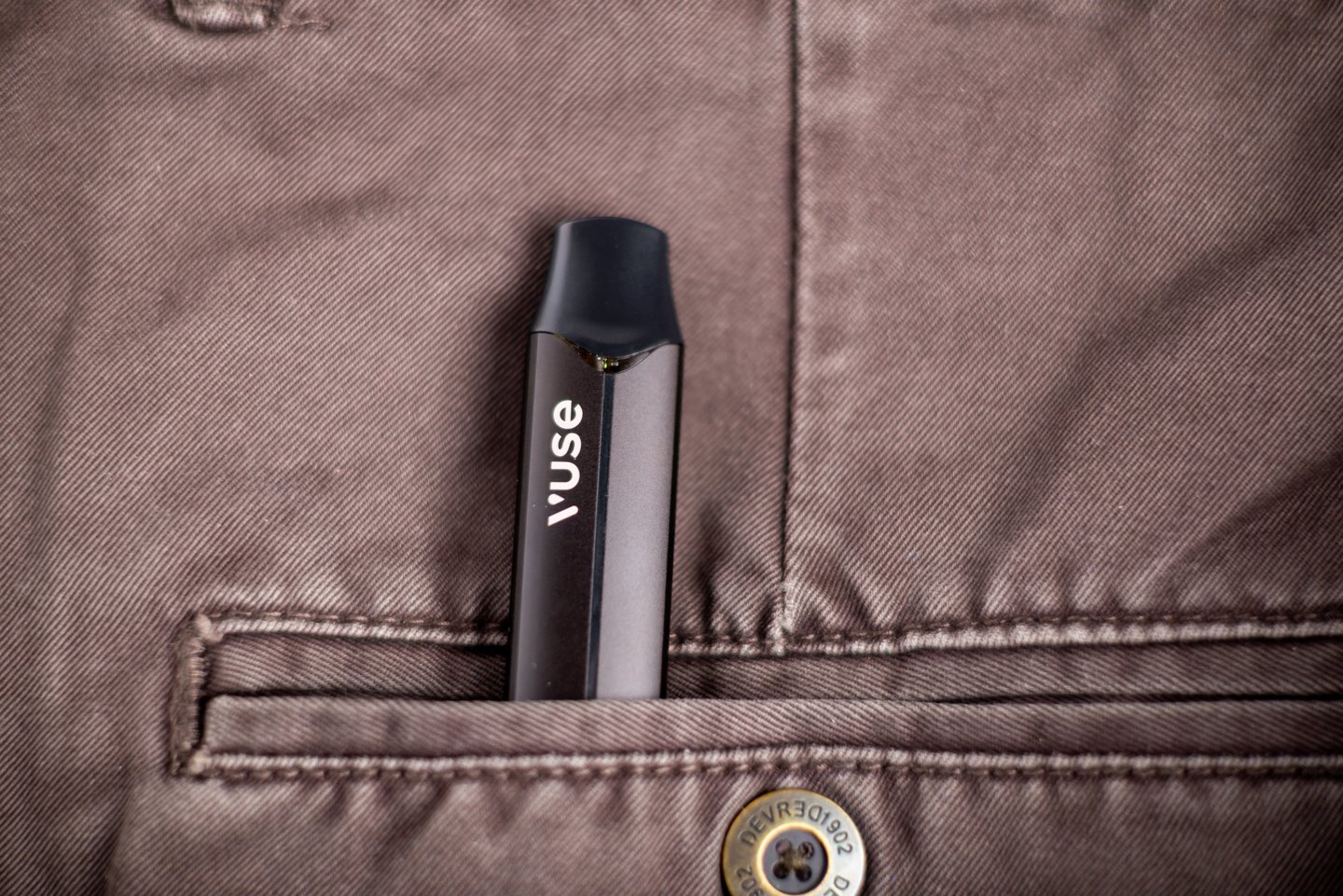CICC seeks grocery-store category alcohol permit sale of vaping products in Quebec
To address the difficulties faced by the 5,000 convenience stores in Quebec that comply with the ban on the sale of vaping flavors while vape shops can seemingly easily get around regulations, the Convenience Industry Council of Canda (CICC) is calling on Health Minister Christian Dubé to promptly introduce a requirement for a grocery-store category alcohol permit for any sale of vaping products.
Michel Gadbois, vice-president of the CICC, explains that this deterrent measure would raise the requirements for non-compliant businesses, making the sale of vaping products much less attractive. It would also force these businesses to offer basic food services, in accordance with the requirements of the grocery-store alcohol permit.
“Requiring a grocery-store alcohol permit would significantly increase the operating costs of vape shops, particularly due to the food service obligations tied to this permit, rendering their current business model unsustainable,” Gadbois adds.
READ: ITCAN asks Health Canada, Quebec government to crack down on illegal nicotine products
Since the regulation banning the sale of vaping flavors in Quebec came into effect ten months ago, the government has struggled to enforce this law, leading to deep disparities between the 5,000 law-abiding convenience stores and the approximately 400 non-compliant vaping shops. The latter circumvent the law by selling flavors purportedly intended for water but designed to be mixed with unflavored nicotine liquids.
According to the CICC, its proposal has several benefits that it has outlined:
Ease of implementation: The alcohol permit already exists, and the administration is in place through the Régie des alcools, des courses et des jeux (RACJ), allowing for quick enforcement without additional costs.
Strengthened requirements: Businesses will be required to maintain a food inventory of at least $5,500 spread across three of the following seven categories: meats, dairy products, bakery products, etc.
Food quota: At least 51% of the products on display must be food items.
According to Gadbois, linking the sale of vaping products to the possession of an alcohol permit is the best way to break the current deadlock and restore commercial fairness.
“There is no need to complicate matters” Gadbois continued “A simple regulatory change would suffice: requiring a grocery-store category alcohol permit for any sale of vaping products. The government, which is primarily responsible for the current deplorable situation, must act without delay to correct its mistakes.”




